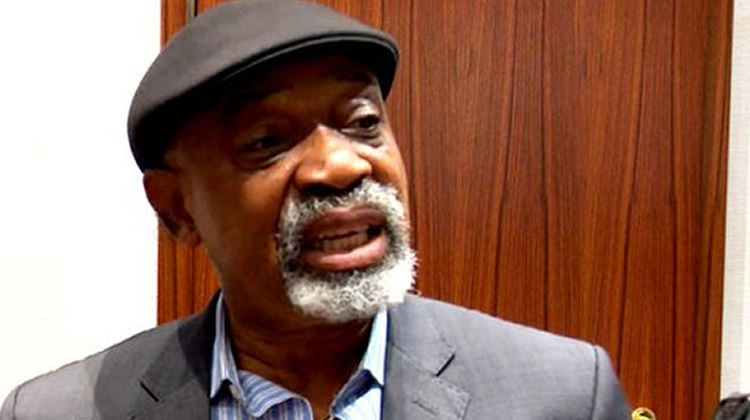Nigerians, according to Minister of Labor and Employment Chris Ngige, won’t perish but will learn to cope with the nation’s economic challenges, Entrepreneurng.com.
The minister, who underlined in a statement released on Sunday that economic challenges were not unique to Nigeria alone but to the entire world, also pointed out that employees’ demands for higher salaries were not unique to Nigeria.
Click here to apply for an online job abroad
According to Ngige, the trend is a global phenomena brought on by economic shocks like the COVID-19 pandemic and the Russia-Ukraine conflict.
The Minister highlighted that the labor sector worldwide faces dangers from various and overlapping economic crises, giving rise to the clamor by workers for higher salaries, “Excellence in Public Service Award” in Abuja.
“They said airport workers were on strike, but only for four days,” he remarked, as he drove through Bailey the previous day. The rail workers were on strike for just three days when I came through London. They’re all asking for higher salary.”
The current global economic crisis, brought on by COVID-19, the war in Ukraine, and other factors that make it seem as though everyone will die today, is causing workers’ demands for higher wages to be a problem everywhere in the world.
“We won’t pass away today. To survive the crisis, we just need to adapt as a nation and as individuals, he remarked.”
Ngige asserted that the International Labour Organization views “social dialogue” as the greatest strategy for resolving industrial conflicts as a way to stop the country’s tide of recurrent strikes.
He asserts that once conversations begin around a round table, the issue must be given a social face, regardless of whether the issue is a call for higher salaries or an effort to improve working conditions.
But he noted that in Nigeria, those who would sooner break the law than uphold the law were branded as “odd” while others who upheld the law and demanded due process were praised.
“In Nigeria, the person in charge of enforcing the law is a really vile and stingy individual. He is perceived as a man who doesn’t know what the law requires. He is perceived as a man who doesn’t know what the law requires. Government corruption is worse.”
He cautioned that if Nigeria is to advance, people should not be made to appear peculiar simply because they follow the law.
Conclusion
Ngige, however, expressed optimism that if Nigerians uphold the law and act morally in all spheres of national life, their country will make significant progress.We are pleased with how well you have differentiated yourself.
Not only do we congratulate you, but also the rest of the ministry team, including the Permanent Secretary, directors, and employees. We sincerely appreciate your assistance and are delighted to proclaim that you set the bar high, as earlier reported by punch.com.


